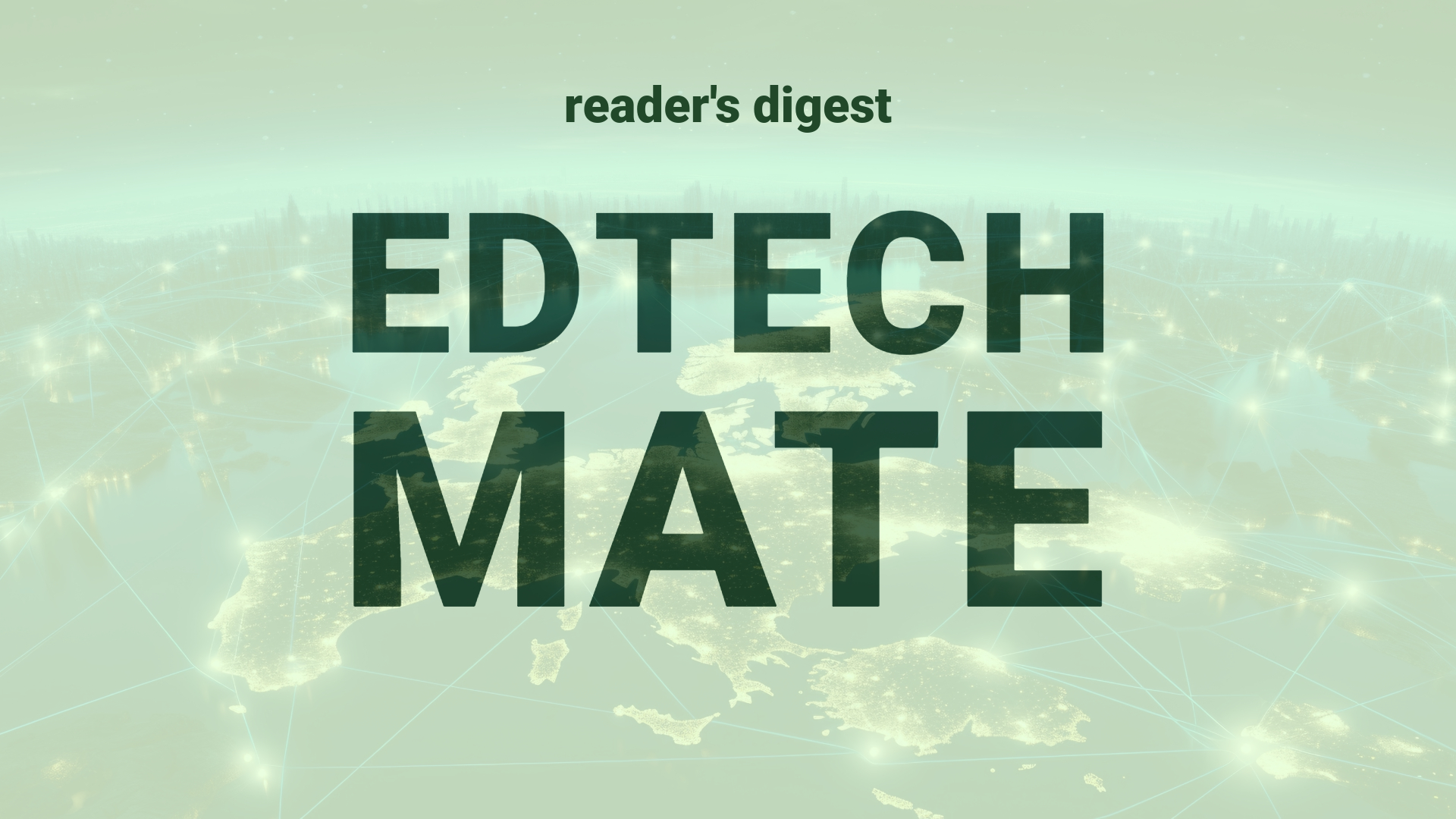Executive Summary and Main Points
The latest advancements in Generative AI (GenAI) are empowered by Microsoft’s AI Toolkit, which allows developers to run large language models (LLMs) and small language models (SLMs) such as Phi-3 and Mistral on various platforms, including Windows and Linux environments. The toolkit provides capabilities for local model optimization, effortless model testing and integration, fine-tuning for bespoke scenarios, and flexible deployment choices. Port Forwarding is highlighted as a key feature, streamlining the integration of these models with external applications and enhancing their practical utility.
Potential Impact in the Education Sector
These developments could have a significant effect on Further Education and Higher Education by promoting personalized learning and supporting university administrative functions via custom AI applications. They herald a new era for Micro-credentials by enabling education providers to develop specialized, AI-powered platforms for credential verification and learner assessment. Strategic partnerships between educational institutions and technology providers like Microsoft could lead to a digital revolution in the sector, making educational content more accessible and tailored to the individual learner’s needs.
Potential Applicability in the Education Sector
The education sector can leverage AI and digital tools shaped by the AI Toolkit for a variety of innovative applications. For example, AI can be used to provide real-time translation services, enabling a more global classroom experience or to create intelligent tutoring systems that adjust to student learning paces. Additionally, the Toolkit’s fine-tuning capability allows for the development of models to interpret complex academic texts or to evaluate essays, thus aiding in scalable, accurate assessment methods.
Criticism and Potential Shortfalls
The use of AI in global education systems is not without potential downsides. For instance, reliance on these systems could lead to homogenized learning experiences or biases in knowledge dissemination reflective of the data the models were trained on. There are also ethical considerations regarding data privacy and the digital divide; not all students may have equal access to these advanced tools. Cultural implications are also a concern, as the one-size-fits-all nature of some AI applications may not align with diverse learning traditions and pedagogies.
Actionable Recommendations
To effectively implement these technologies in academic environments, international education leadership should consider the following strategic insights:
- Facilitate educator and IT staff training on the use and management of AI tools.
- Develop partnerships with AI toolkit providers to customize applications for educational needs.
- Ensure equitable access to AI-powered educational tools through investment in infrastructure and resources.
- Establish ethical guidelines to safeguard data and address potential biases in AI models.
- Explore the potential of AI to enhance global collaborative research and learning between institutions.
Source article: https://techcommunity.microsoft.com/t5/educator-developer-blog/visual-studio-ai-toolkit-building-phi-3-genai-applications/ba-p/4179355

